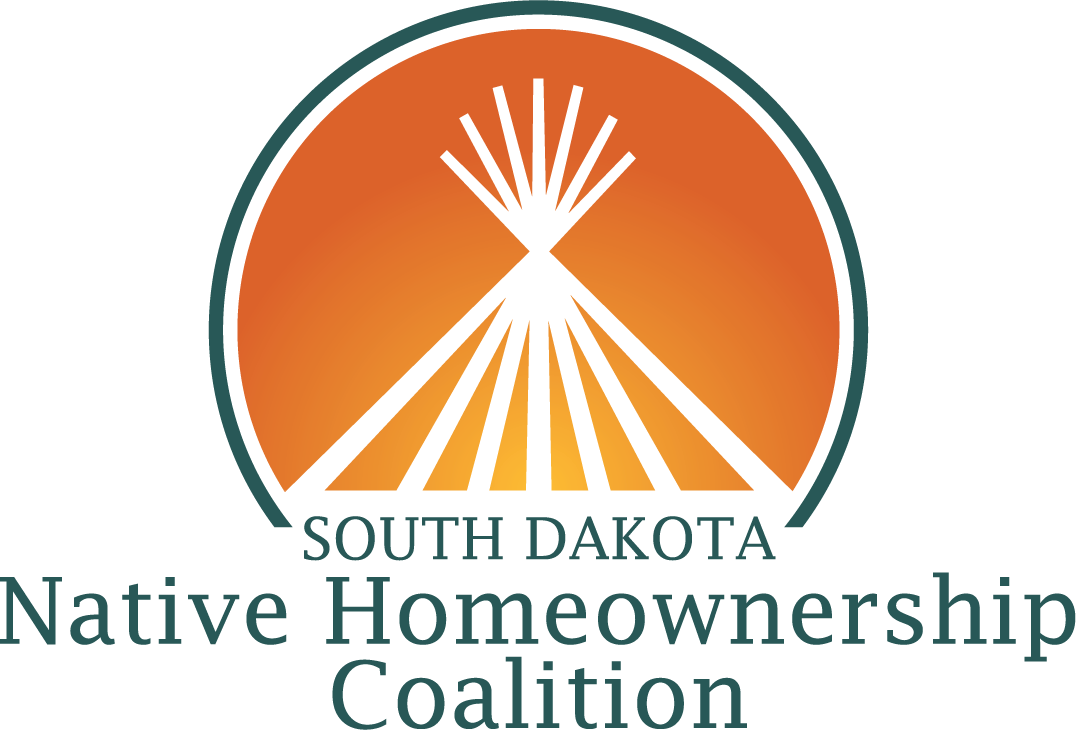According to the U.S. Department of Housing and Urban Development (HUD), about 16 percent of households on Indian reservations are overcrowded, and an additional 68,000 housing units are needed to alleviate this burden. Housing in Indian Country is a complex and costly problem, but we are taking a grass roots approach to reverse long-standing issues on our state’s reservations.
“A couple years ago, we convened building contractors that were doing work on reservations and asked them about the major challenges they were facing. Since then, we’ve been implementing multi-faceted solutions designed to build the capacity of Native American building contractors, strengthen the construction industry on our state’s nine reservations, and to ultimately increase the housing stock available to Native American families,” says Tawney Brunsch, a member of the Coalition’s Executive Committee.
This year, at our 3rd annual Contractor’s Workshop the 84 attendees learned about federal and state programs that could put them at an advantage in the marketplace and grow their business. They also discussed the possibility of starting a Native American chapter of the South Dakota Homebuilders Association, which would unify their industry and provide opportunities for peer learning.
Daniel Kirk from Sisseton, South Dakota, started his company, Arrow Construction, a couple of years ago and now has four employees. He said he came to the workshop because he wants to improve the standard of living for his people.
“It’s been awesome to meet up with other contractors – talking about maybe teaming up instead of fighting,” said Kirk.
Kirk and the other building contractors at the workshop received professional instruction and assistance in developing a capability statement, a standard industry tool that is used to market construction firms. At the end of the workshop, they had the opportunity to pitch their firms to several different agencies seeking residential building contractors for upcoming projects.
“Meeting people here will have a big benefit with how I do business,” said Kirk. He believes the connections he made at the workshop are the most valuable thing he will bring back home with him.
Kirk first became involved with the Coalition through our Construction Internship Program last summer. He managed five interns who completed 400 hours of on-site work experience as well as a series of financial literacy trainings.
“The financial literacy was really cool. It changed everyone’s spending habits a little bit,” says Kirk.
During this year’s workshop, Kirk and two of his employees who were interns this summer were recognized along with others who also completed the Construction Internship Program.
“Building a qualified workforce and strengthening the Native American construction industry are foundational steps to making sure there is adequate housing and homeownership opportunities on reservations. We know this will be a long-term effort, but we are pleased with the progress we’ve made in the few short years we’ve been chipping away at some of these challenges,” says Brunsch.
